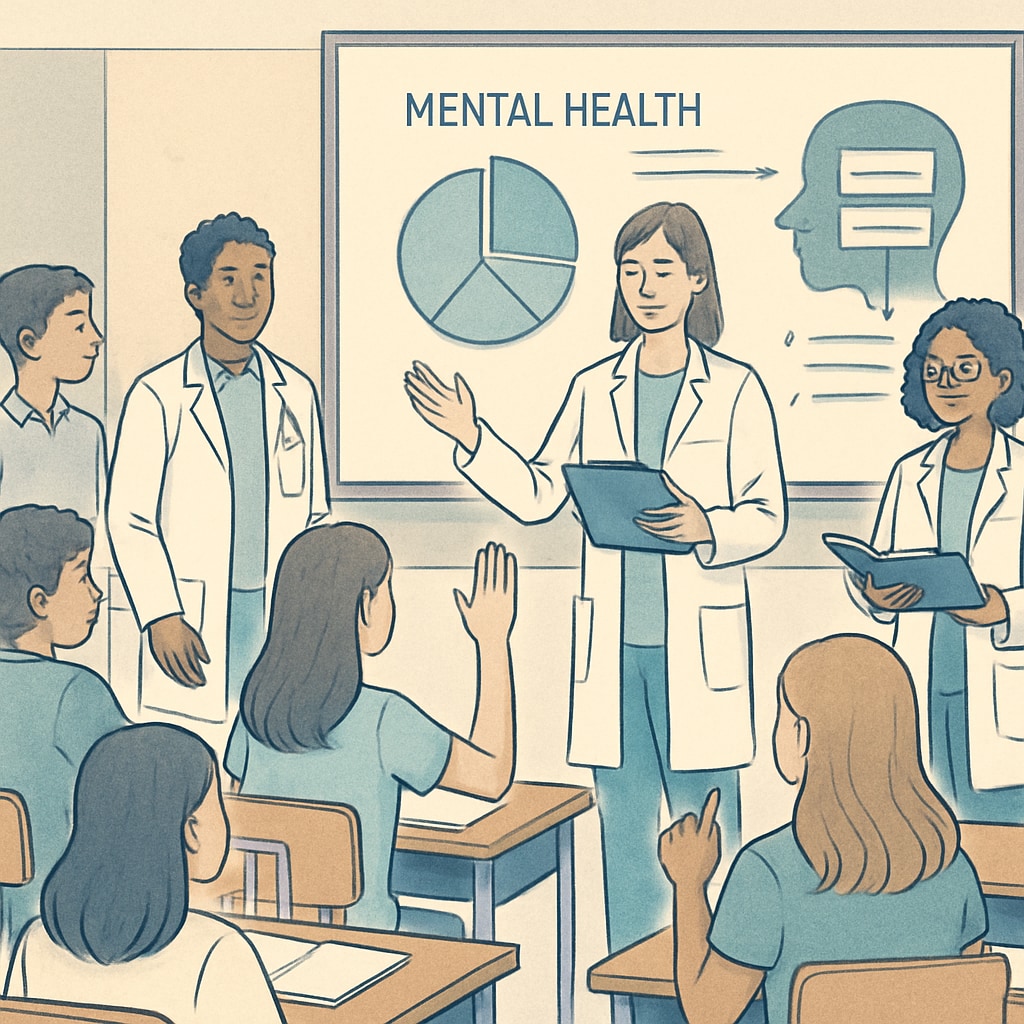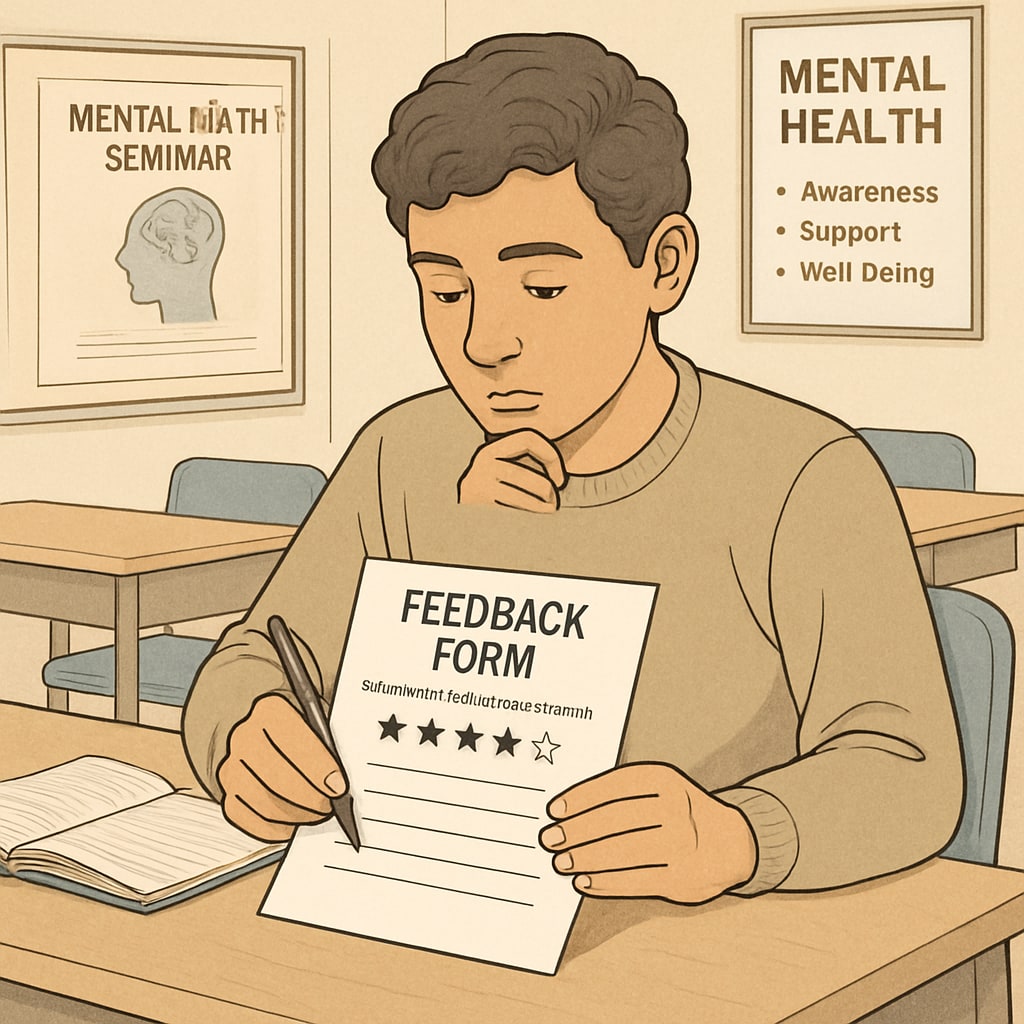Promoting mental health among high school students is crucial, especially as they face increasing academic and social pressures. Medical students, equipped with foundational knowledge of psychology and healthcare, can play an impactful role by organizing mental health seminars tailored to this demographic. These initiatives not only benefit adolescents but also enhance medical students’ communication skills and community engagement. This article explores the systematic approach medical students can adopt to organize effective high school mental health seminars.
Establishing Channels for Outreach
The first step in organizing a seminar is identifying and connecting with schools. Medical students can approach school administrators or counseling departments to propose their initiative. Creating a formal proposal that outlines the seminar’s objectives, benefits, and logistical requirements can increase the likelihood of collaboration. For example, emphasizing how the seminar aligns with the school’s mission to support student well-being can strengthen the case.
In addition, leveraging online platforms such as social media or educational forums can help reach schools and students directly. Partnerships with local education boards or mental health organizations can also provide credibility and broader access.

Designing Content that Resonates
Effective seminar content should be age-appropriate, engaging, and informative. Medical students should focus on topics that resonate with high school students, such as stress management, coping mechanisms, or recognizing signs of anxiety and depression. Using interactive methods like role-playing scenarios or group discussions can keep students engaged while fostering a safe space for sharing experiences.
Visual aids, such as slides and videos, can make complex concepts more accessible. Additionally, including personal anecdotes or case studies can help bridge the gap between theory and real-life application. Collaborating with psychology professors or mental health professionals ensures the content is both accurate and impactful.
Executing the Seminar and Engaging Students
On the day of the seminar, creating a welcoming environment is key. Medical students should introduce themselves and the purpose of the session clearly to establish trust. Ice-breaker activities can help students relax and feel more open to participating.
During the seminar, maintaining an interactive format is essential. Allowing time for students to ask questions or share their perspectives ensures the session is more collaborative than lecture-based. Providing takeaway materials, such as pamphlets or links to mental health resources, can reinforce the seminar’s messages and offer ongoing support.
Evaluating Impact and Continuous Improvement
Post-seminar feedback is critical for assessing the effectiveness of the initiative. Surveys or feedback forms can collect insights from students and educators about what worked well and what could be improved. This data helps refine future seminars and ensures they are tailored to the audience’s needs.
In addition, medical students can track long-term outcomes by partnering with schools to observe changes in students’ mental health awareness or behavior. Sharing these results with stakeholders, such as school boards or local health organizations, can advocate for scaling similar programs.

By adopting these steps, medical students can make a lasting impact on high school students’ mental health awareness. Their efforts not only provide immediate benefits to the participants but also contribute to broader societal awareness about mental health challenges and solutions. As a result, these seminars serve as a bridge between medical knowledge and community well-being, fostering a healthier and more informed youth population.
Readability guidance: Use short paragraphs and interactive lists to summarize key points effectively. Incorporate transition words for smooth flow (e.g., however, therefore, in addition). Ensure a balance between informative content and practical applications to maintain engagement.


